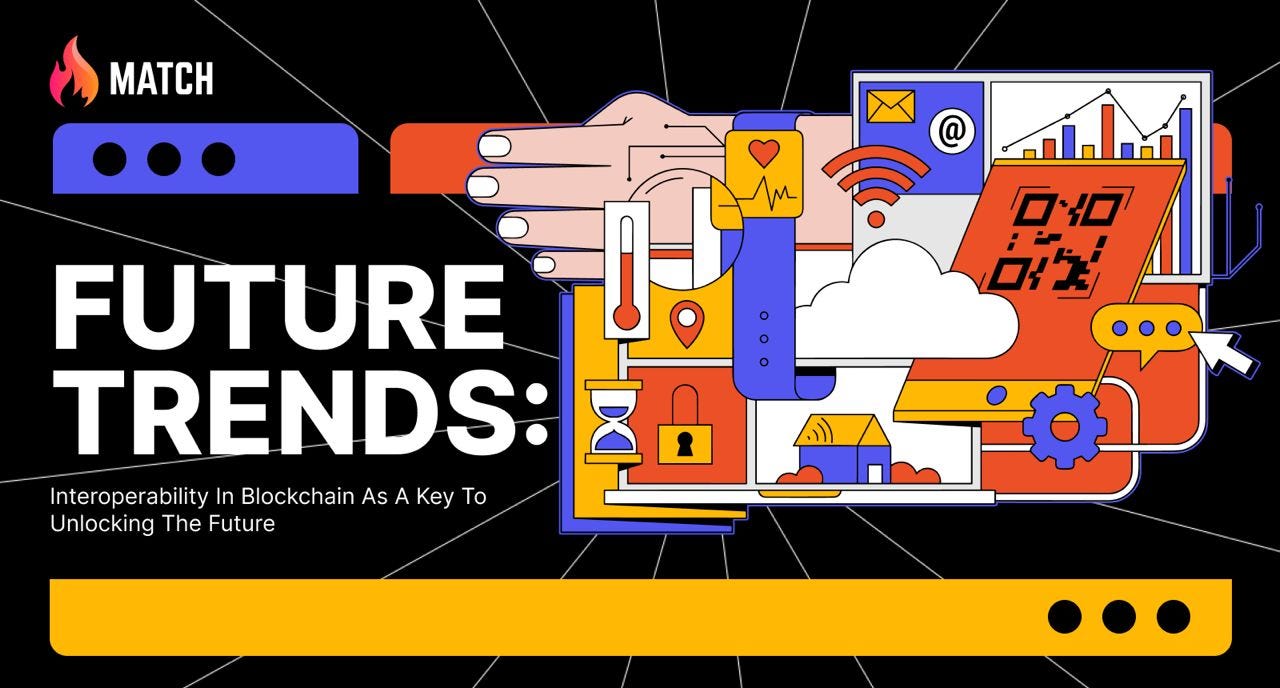Blockchain is a decentralized, distributed ledger technology for secure digital transactions. It enhances transparency and trust.
Blockchain technology is transforming various industries by revolutionizing how secure transactions are made. As a decentralized system, it removes the need for intermediaries, ensuring transparency and reducing the risk of fraud. With its cryptographic principles, blockchain provides a secure and tamper-proof record of transactions, making it ideal for financial transactions, supply chain management, and data verification.
Its application extends to smart contracts and decentralized applications, offering a new paradigm for secure digital interactions. In an increasingly digital world, blockchain is poised to redefine how businesses and individuals engage in secure transactions and data sharing.

Credit: www.linkedin.com
The Basics Of Blockchain
Blockchain is a decentralized ledger technology storing data across a network. Each block contains transactional data and is connected to the previous one with a cryptographic hash. This ensures security and transparency. Participants verify transactions, forming a consensus to add them to the chain. Blockchain eliminates the need for intermediaries, reducing costs and increasing efficiency. It is used in various industries for secure and reliable transactions. The technology is constantly evolving and holds great potential for the future.
The Impact Of Blockchain Technology
Blockchain is revolutionizing industries by disrupting traditional processes and increasing efficiency. It is creating trust and transparency through immutability and decentralization. Enhanced security features make it a popular choice for companies looking to protect sensitive data. Implementing blockchain technology can lead to cost-saving opportunities and streamlined operations. Businesses across various sectors are embracing blockchain to improve transactional processes and build better customer trust.
Challenges And Adoption Of Blockchain
Blockchain technology faces challenges in adoption due to scalability issues. The network's capacity to handle transactions at a rapid pace is a key concern. Overcoming these challenges is crucial for increasing mainstream acceptance of blockchain technology. One of the solutions is implementing sharding, where the network is divided into smaller sections to process transactions in parallel. Additionally, advancements in consensus algorithms such as proof of stake and practical implementation of off-chain solutions are vital for enhancing the scalability of blockchain. Furthermore, collaborative efforts among industry stakeholders to develop standardized frameworks and protocols will facilitate widespread adoption. Despite these challenges, the potential for blockchain to revolutionize various industries, including finance, healthcare, and supply chain management, makes the efforts to overcome scalability issues essential.
Future Trends In Blockchain
The future trends in blockchain are closely linked to its integration with the Internet of Things (IoT). The combination of these two technologies opens up new opportunities and applications across various industries. By leveraging the decentralized and transparent nature of blockchain, IoT devices can securely exchange data and transactions, creating a trusted and efficient network. This integration enables seamless communication and collaboration between devices, allowing for real-time data sharing, automation, and smart contracts. As for decentralized finance (DeFi), it is gaining momentum as a powerful use case for blockchain technology. DeFi eliminates intermediaries, providing users with greater control over their financial assets and enabling the development of innovative financial products and services. With the rise of DeFi, blockchain is transforming traditional financial systems and setting new standards for transparency, efficiency, and inclusivity. The future of blockchain holds tremendous potential for disruptive innovations and paradigm shifts across various sectors.
Global Implications Of Blockchain
Blockchain technology has the potential to revolutionize global financial systems, particularly by empowering the unbanked population. By providing a secure and decentralized platform, blockchain enables individuals without access to traditional banking services to engage in financial transactions. This technology eliminates the need for intermediaries, such as banks, and reduces transaction costs. Moreover, blockchain can reshape cross-border transactions by enabling faster, more efficient, and transparent transfer of funds across international borders. With blockchain, individuals and businesses can easily conduct business with parties in other countries with increased security and reduced dependence on centralized authorities. This has significant implications for global trade, as it facilitates the growth of cross-border commerce and fosters economic inclusivity. In a globalized world, Blockchain is poised to empower the unbanked and reshape cross-border transactions, revolutionizing the way we conduct business and ensuring financial access for all.

Credit: medium.com

Credit: medium.com
Frequently Asked Questions Of Blockchain
What Is Blockchain Technology?
Blockchain technology is a decentralized system that securely records transactions across multiple computers. It eliminates the need for intermediaries, like banks, by enabling direct peer-to-peer transactions. Each transaction is recorded in a "block" and added to a chronological "chain," making it transparent and tamper-proof.
How Does Blockchain Ensure Security?
Blockchain ensures security through its decentralized nature and cryptographic algorithms. It maintains a distributed network of computers, called nodes, that collectively validate and verify transactions. Additionally, each block contains a unique cryptographic hash that links it to the previous block, making the chain immutable.
This makes it extremely difficult for hackers to alter or tamper with the data.
What Are The Benefits Of Blockchain Technology?
Blockchain technology offers several benefits, including increased transparency and security, reduced costs, and improved efficiency. It eliminates the need for intermediaries and provides a decentralized, tamper-proof system for recording and verifying transactions. It also enables faster and more secure cross-border transactions, and has the potential to revolutionize industries like finance, supply chain, healthcare, and more.
How Is Blockchain Different From Traditional Databases?
Blockchain differs from traditional databases in several ways. Traditional databases are usually centralized and managed by a single authority or organization, while blockchain is decentralized and managed by a network of computers. Additionally, traditional databases can be altered or manipulated by a central authority, whereas blockchain is immutable and tamper-proof.
Blockchain also provides transparency and security, thanks to its distributed ledger and cryptographic algorithms.
Conclusion
Blockchain technology offers immense potential for revolutionizing various industries. Its decentralized nature and enhanced security features create new possibilities for transparency and efficiency. Embracing blockchain can lead to enhanced trust and reduced costs. As the technology continues to evolve, it is crucial for businesses to stay informed and adapt accordingly to stay competitive in the digital age.
